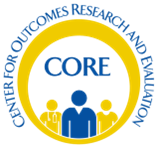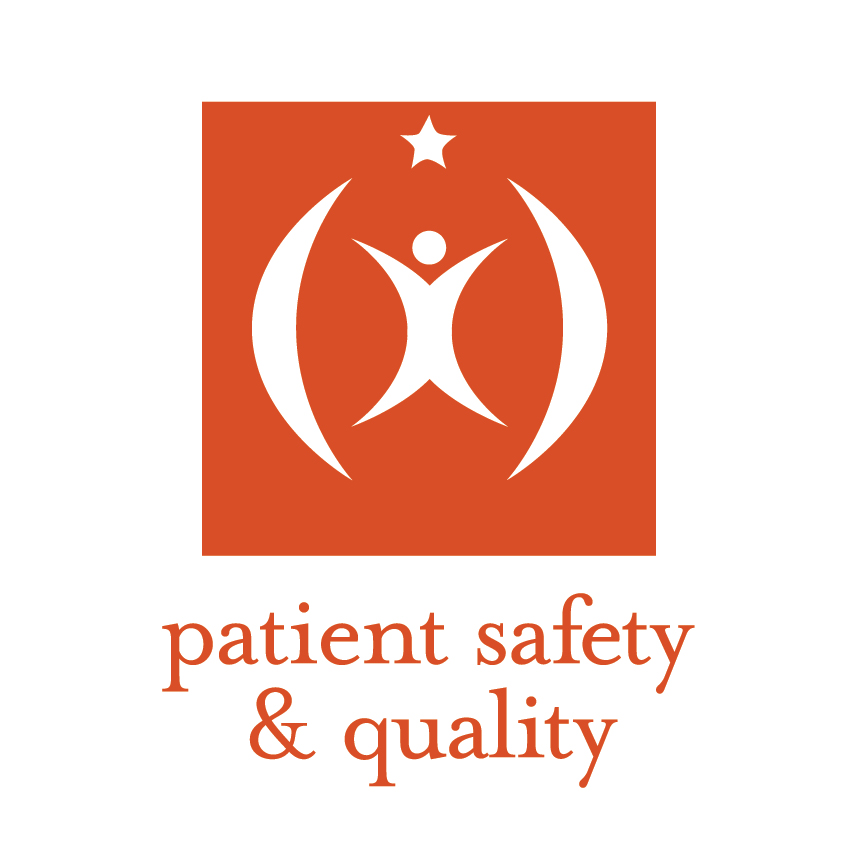Quality Metrics
Course Overview
The Quality Metrics course is designed to provide a comprehensive overview of the historical context, current application, and future direction of quality measurement in healthcare. The course consists of 2 modules divided into 4 sub-modules.
Module 1 – Foundational Concepts of Quality Measurement
In Module 1, you will review the history of quality measurement and how, where, and why quality measurement today is having a positive impact on healthcare delivery and patient outcomes.
Part A – Why Quality Measurement
Presenter: Dr. Lisa Gale Suter, M.D.
Yale University School of Medicine
Yale-New Haven Health Services Corporation
Center for Outcomes Research and Evaluation (CORE)
In Part A, Dr. Suter will put Quality Measurement in context for you. You will learn the history of quality measurement, how it has evolved, and its impacts, current and future, on healthcare delivery.
Time to view Part A is 15 minutes.
Part B – Overview of Quality Measures
Presenter: Dr. Lisa Gale Suter, M.D.
Yale University School of Medicine
Yale-New Haven Health Services Corporation
Center for Outcomes Research and Evaluation (CORE)
In Part B, you will be introduced to the work of Avedis Donabedian, a physician and founder of the study of quality in health care and medical outcomes research. You will learn the different measures used in healthcare today and their implications for quality improvement.
Time to view Part B is 17 minutes.
Module 2 – Quality Measure Applications
Module 2 is under development.
In Module 2, you will learn in greater depth how quality measures are being used to drive cost reductions and better patient outcomes. In addition the module will focus on the qualitative and quantitative aspects of outcome measures.
Part A – Quality Measurement in Practice
Presenter: Dr. Lisa Gale Suter, M.D.
Yale University School of Medicine
Yale-New Haven Health Services Corporation
Center for Outcomes Research and Evaluation (CORE)
This part will introduce you to public reporting and pay-for-performance initiatives currently underway and some that are on the horizon; their intent; their attributes; implementation; expected outcomes and their impact on the practice of quality measurement.
Time to view Part A is 18 minutes.
Part B – Qualitative and Quantitative Aspects of Outcome Measures
Presenter: Dr. Lisa Gale Suter, M.D.
Yale University School of Medicine
Yale-New Haven Health Services Corporation
Center for Outcomes Research and Evaluation (CORE)
This part will compare the relative strengths and limitations of different types of outcomes, review performance categorization, and examine the advantages and pitfalls of the role of risk-standardization in outcome measurement.
Time to view Part B is 20 minutes.
Course Learning Objectives
Module 1 – Foundational Concepts of Quality Measurement
Part A – Why Quality Measurement?
In this part you will:
- Review and understand the historical context of quality measurement.
- Review and understand seminal reports in modern healthcare quality measurement.
- Discuss examples of quality measurement in practice.
- Examine quality measurement in the 21st century.
Part B – Overview of Quality Measures
In this part you will:
- Review and understand the definitions, characteristics, and applications of structure, process and outcome quality measures.
- Review and understand the six Institute of Medicine quality of care domains and how they relate to quality measurement.
Module 2 – Quality Measure Applications
Part A – Quality Measurement in Practice
In this part you will:
- Review how quality measures are used in practice
- Discuss what an accountability measure is
- Examine how accountability measures are used
- Discuss who selects measures for use and through what process
Part B – Qualitative and Quantitative Aspects of Outcome Measures
In this part you will:
- Review what factors influence outcomes of interest in measurement
- Discuss what makes a good outcome measure
- Examine the role of risk adjustment and risk standardization in outcome measurement
- Discuss how accountability measures differ from those used for quality improvement
Time to complete module 1 of this course is approximately 102 minutes.
Presenter: Dr. Lisa Gayle Suter, MD

Lisa Gale Suter, M.D. is an Assistant Professor of Medicine in the Section of Rheumatology, Department of Internal Medicine at Yale University School of Medicine, and is board certified in both Internal Medicine and Rheumatology. She is also the Associate Director of the Quality Measurement Program at Yale-New Haven Health Services Corporation Center for Outcomes Research and Evaluation (CORE). After completing her medical degree and rheumatology fellowship at Yale University and her post-graduate training in internal medicine at Yale-New Haven Hospital, she trained as a health services researcher through the Robert Wood Johnson Clinical Scholars Program. At CORE, Dr. Suter has led the development and implementation of hospital-level outcome measures under contract to the Centers for Medicare and Medicaid Services (CMS), including orthopedic and cardiovascular surgery outcome measures. She is the technical lead for readmission and complication outcome measures following elective total hip and total knee replacement that will be publicly reported by CMS starting in 2013. She also oversees CORE’s surveillance work of existing, publicly reported CMS hospital-level outcome measures. In addition to her work in quality measurement at CORE, Dr. Suter continues to study technology assessment and technology adoption in musculoskeletal and inflammatory diseases.
Developing Organization: Yale University School of Medicine
Yale-New Haven Health Services Corporation
Center for Outcomes Research and Evaluation (CORE)


The Yale-New Haven Health Services Corporation Center of Outcomes Research and Evaluation (CORE) is a leading national outcomes research center working on select projects designed to assess healthcare quality and evaluate clinical decision making and comparative effectiveness of specific healthcare interventions. Their mission is to improve health and health care through targeted research and evaluation projects that combine scholarship and service to have a positive impact on policy and people’s lives.

